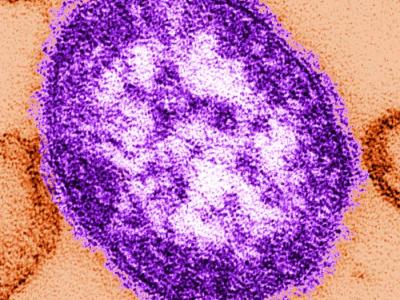
Immunosuppressed patient populations, including cancer patients and those with HIV, have different rates of excess mortality attributed to COVID-19, according to an analysis of 99 studies published in the Journal of Infection.
The study, which attempted to standardize a method for categorizing the immunosuppressed as a clinical risk group, found that solid-organ transplant recipients and patients undergoing cancer treatment had a higher risk of mortality than COVID-19 patients with healthy immune systems.
The 99 studies included in the analysis were published between 2020 and 2022 and included 1,542,097 and 56,248,181 unique immunosuppressed and immunocompetent patients with COVID-19 infection, respectively.
Solid-organ transplant patients most at risk
The odds ratio (OR) for mortality for solid-organ transplant recipients compared to immunocompetent patients was 2.12 (95% confidence interval [CI], 1.50 to 2.99) and was 2.02 (95% CI, 1.69 to 2.42) for cancer patients.
People with rheumatologic autoimmune diseases and HIV had an only slightly elevated mortality risk compared to immunocompetent patients (ORs, 1.28 and 1.20, respectively).
The authors said the findings, "may prove beneficial for prioritising scarce medical resources including booster vaccine doses, novel therapeutics and passive forms of immunisation such as convalescent plasma and monoclonal antibody transfusion."












